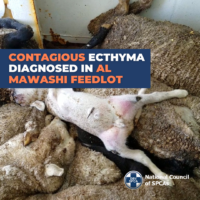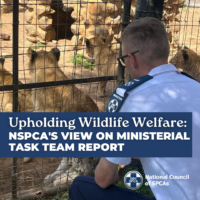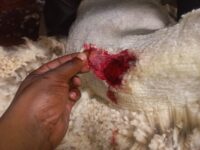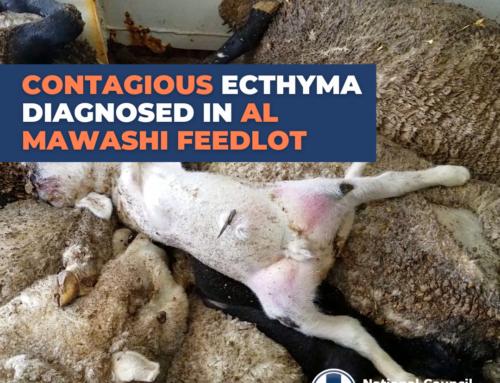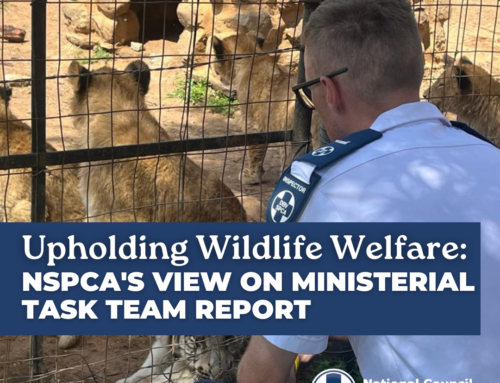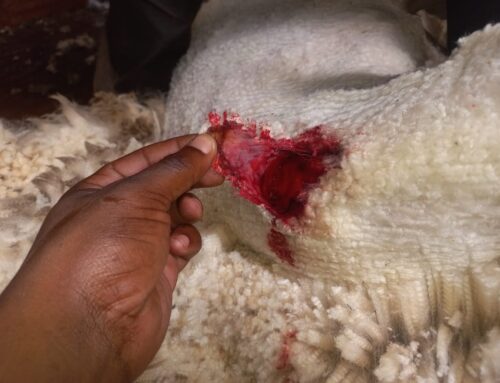Too often, pet owners irresponsibly try to cut costs by avoiding their pets’ annual vaccinations. The risk involved in cutting costs by avoiding vaccination sometimes results in an even greater cost – the loss of human and animal life. Vaccinations play an integral role in keeping your pets, family, and community safe from the transmission of fatal zoonotic diseases such as Rabies.
Rabies is an infectious viral disease that can be transmitted from animals to humans. Rabies is almost always fatal once clinical symptoms appear, and there is no cure for humans or animals once infected. In most cases, the disease is transmitted to humans through the bite of a rabid mammal (commonly dogs, cats, and bats) but infection can also spread through scratches or saliva. Each year, thousands of people around the globe die from Rabies – a disease that is 100% preventable.
There have already been a number of positive Rabies cases this year, especially within the KwaZulu-Natal region, and if pet owners are not going to be responsible, it is likely that this number will increase which will result in the loss of human and animal life.
In terms of the Animal Diseases Act, 1984 (Act No 35 of 1984), owners of dogs and cats must have their pets vaccinated against rabies. There is NO excuse for not having your pets vaccinated, especially given the fact that State Veterinary Clinics often offer Rabies vaccines to the public free of charge. In addition to this, pet owners are advised to ensure that their animals are not left to roam the streets, as well as to ensure that if they are walking their dogs that the dogs are on a leash.
Another common mistake that pet owners make is assuming that their pets cannot contract Rabies if the animal is kept on the property 24/7. Unvaccinated pets can still be exposed to Rabies by stray animals that fight through fences, or other infected mammals that can fly onto properties.
“When people choose not to vaccinate their pets, not only are they being completely irresponsible but they are also breaking the law. They are risking the lives of their pets and the community at large, as well as the lives of the people who have to handle the infected animals.” – Inspector Keshvi Nair, Public Relations Officer, NSPCA.
The control of Rabies in our country is an issue that every pet owner and stakeholder in human and animal welfare needs to work together to achieve. It is only through responsible pet ownership, vaccination, and a zero-tolerance approach toward those who break the law regarding vaccination that we can overcome this serious and deadly disease.
Pet owners with unvaccinated pets are advised to make an appointment with their local veterinarian, SPCA, or State Veterinary Clinic without further delay.
Donate to the NSPCA
If you are as passionate about animals and their well-being as we are, consider supporting our causes by donating here.

